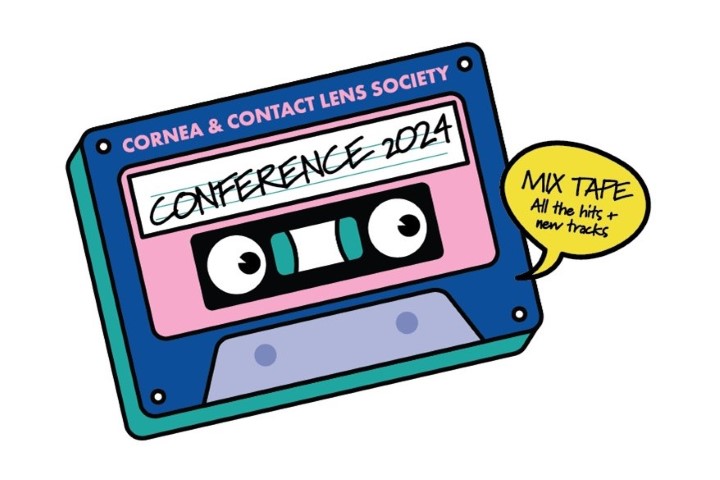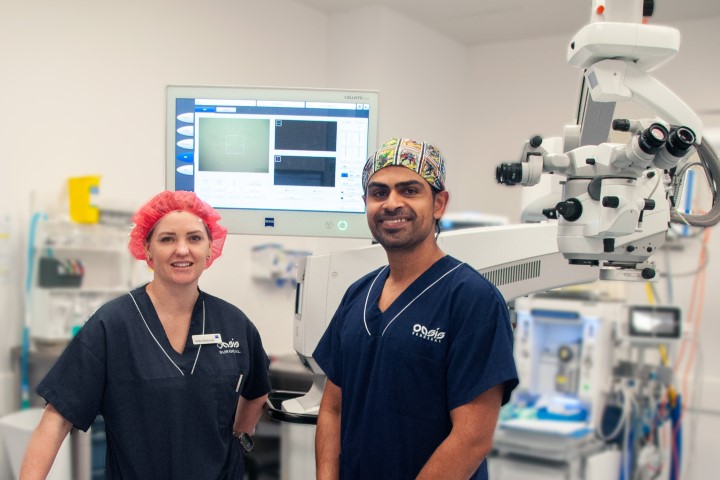FDA approves RP implant study
Wills Eye Hospital has been given Food and Drug Administration (FDA) approval to begin an early feasibility study (EFS) to implant the retina implant Alpha AMS sub-retinal device in patients blind due to retinitis pigmentosa (RP).
The Alpha AMS, manufactured by Retina Implant AG, Reutlingen, Germany and has been designed to replace the non-functioning and absent photoreceptor cells in the eye lost to the RP deterioration. The surgically implanted Alpha AMS chip stimulates the remaining components of the visual system to restore limited functional vision in blind RP patients. The eye's own natural focusing system (without the need of a camera) focuses light on a chip made of 1600 photo diodes. The retinal implant Alpha AMS is an investigational device in the US and has CE Mark approval in Europe since 2016.
"This study represents the very earliest phase of clinically testing a potential new option for patients and families grappling with the devastating blindness caused by retinitis pigmentosa," noted Wills Eye Hospital ophthalmologist-in-chief, Julia Haller.
Retinitis pigmentosa is a degenerative eye disease which is the leading cause of inherited blindness in the developed world. There is no known cure for RP which affects an estimated 100,000 people in the USA and 1.5 million people worldwide. Approximately 1,500 individuals with RP each year progress to total blindness. Wills Eye Hospital is the only site in North America conducting this investigational research study and will enroll up to eight patients for implantation. If this initial study demonstrates encouraging results, a larger pivotal study will be performed to gain FDA approval.



























